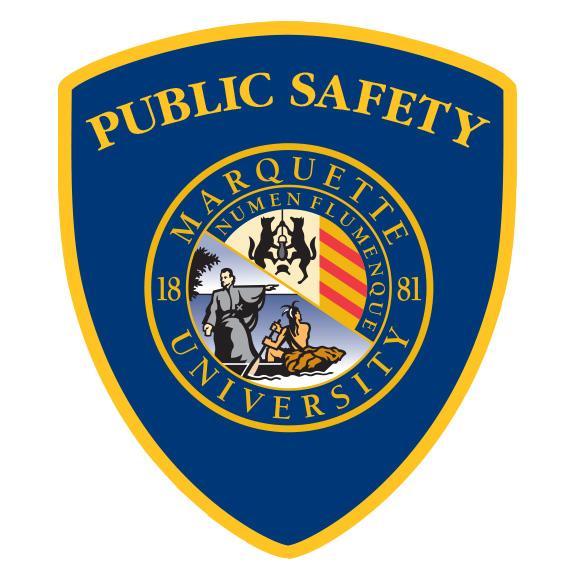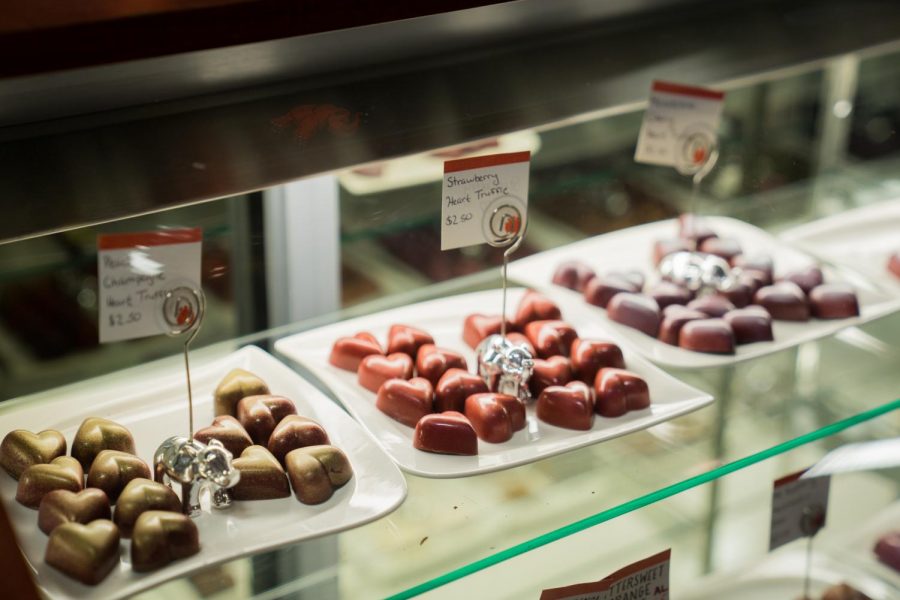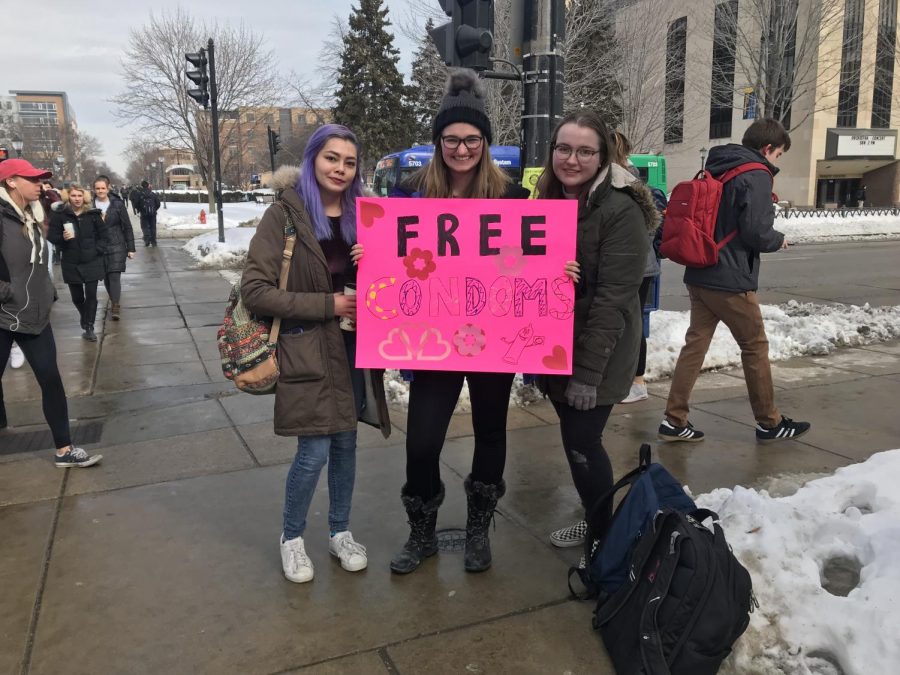Following nine reported drug offenses in dormitories since the beginning of the semester, the Department of Public Safety and the Milwaukee Police Department are deliberating how to deal with this issue.
The most recent reported drug offense was last Thursday in Abbottsford Hall where two students were found in possession of a controlled substance and drug paraphernalia. Another offense involving drug paraphernalia took place in Schroeder Hall Wednesday, and the day before, two incidents occurred in O’Donnell Hall, with one involving prescription drugs, and another involving drug paraphernalia. So far, the only halls not to have a reported drug offense this semester are Mashuda and McCabe halls.
Although five students were taken to the hospital and another one was taken into custody by MPD following a drug incident last weekend, DPS reported no further offenses this past weekend. The students await both university conduct and legal action, and one female student was taken into custody by the MPD for allegedly distributing the drugs.
Sheila Stanelle, senior executive assistant to Milwaukee County District Attorney John Chisholm, said in an email that the cases are still pending due to further investigation and testing and that “it will be some time before a charging determination is made.”
Interim Director for the Department of Public Safety Russell Shaw said most of the incidents since the semester started were marijuana related.
“You can look at this in two ways, is there a big increase in drug use on campus since the start of the semester, or is it because the weather since we’ve been back has been extremely cold where students aren’t leaving the residence halls?” Shaw said. “It’s certainly a problem either way.”
According to the National Organization for the Reform of Marijauana Laws, penalties for possession of marijuana can range from six months of jail time and a $1,000 fine for a first offense to a felony offense of up to three-and-a-half-years in prison and a $10,000 fine.
Shaw added that it is hard to speculate which cause is more likely, but the fact that more people have been caught than usual has deterred students from trying drugs in the residence halls.
“Since so many people have been caught since school has started, it might be slowing things down,” Shaw said. “We’ve gotten back to more normal incidents, more medical and alcohol related.”
Shaw added the drug of choice amongst students is still alcohol.
Brian Dorrington, senior director of university communication, said the university is mostly concerned with students’ health when it comes to drug policy offenses.
“We take the safety and well-being of our students very seriously and expect all of our students to uphold Marquette’s values,” Dorrington said in an email. “The university is grateful for the swift action our Department of Public Safety, residence hall staff and law enforcement partners who immediately responded to the students. The university has extensive drug and alcohol education programs, including a dedicated coordinator who works to educate students about associated risks.”








